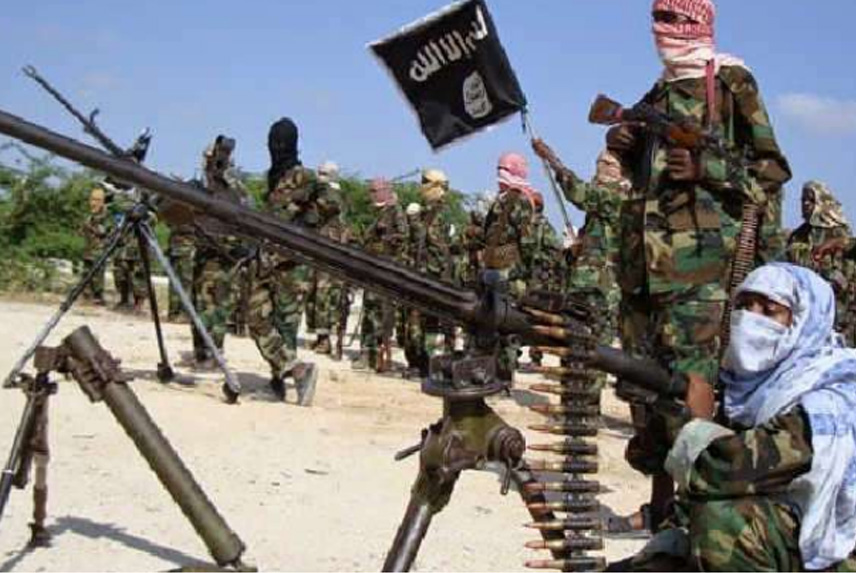
Posted On : Dec 11 2020
Ansaru: Nigeria`s Elusive and Evolving Extremist Group
Ansaru, an extremist group based in Nigeria, has been a relatively enigmatic presence in the realm of global terrorism.

Emerging as a splinter group of Boko Haram, Ansaru's history, activities, and affiliations have evolved over time, posing unique security challenges in Nigeria and the broader West African region.
Formation and Ideological Underpinnings
Ansaru, short for "Jama'atu Ansarul Muslimina Fi Biladis Sudan" (meaning "Vanguards for the Protection of Muslims in Black Africa"), officially emerged in 2012. Unlike Boko Haram, Ansaru's focus has largely been on attacking Western interests and Nigerian security forces, making it distinct in its aims and targets. The group's ideology draws from a radical interpretation of Islam, but its motives are primarily rooted in anti-Western sentiment.
Activities and Tactics
Ansaru has been known for its daring attacks on Westerners, particularly abductions. Their tactics have included kidnapping foreigners, primarily construction workers, and exploiting these abductions for ransom or leverage. The group has also targeted Nigerian military and police personnel, showcasing a blend of anti-Western ideology and grievances against Nigerian authorities.
Affiliations and International Connections
Ansaru has maintained ties with larger extremist networks, notably Al-Qaeda in the Islamic Maghreb (AQIM). These connections have facilitated access to funding, weapons, and training, bolstering the group's capabilities. Ansaru's affiliation with AQIM has also expanded its geographic reach and influence beyond Nigeria's borders.
Counterterrorism Efforts
Nigeria, along with international partners, has made efforts to counter Ansaru's activities. However, the group's ability to adapt and remain elusive has posed significant challenges. Unlike Boko Haram, Ansaru has not been as susceptible to infighting or territorial losses, allowing it to maintain a relatively low profile while pursuing its objectives.
Evolution and Future Implications
Ansaru's evolution from a Boko Haram splinter group into an independent entity highlights the fluid nature of extremist organizations. Its ability to carry out targeted abductions and its connections to larger terrorist networks demonstrate that it remains a potent threat. The future implications of Ansaru's activities hinge on several factors, including Nigeria's ability to improve security, foster economic development, and counter extremist ideologies. Addressing the root causes of radicalization and maintaining international collaboration will be key in mitigating the threat Ansaru poses not only to Nigeria but also to regional stability.
Conclusion
Ansaru's presence in Nigeria underscores the complexity of the extremist landscape in West Africa. As it continues to evolve and adapt, it remains a challenge for Nigerian authorities and their international partners. Vigilance, coordinated efforts, and a multifaceted approach that addresses both security concerns and underlying socio-economic issues will be crucial in countering the influence of Ansaru and similar extremist groups in the region.
No Comments Added




















